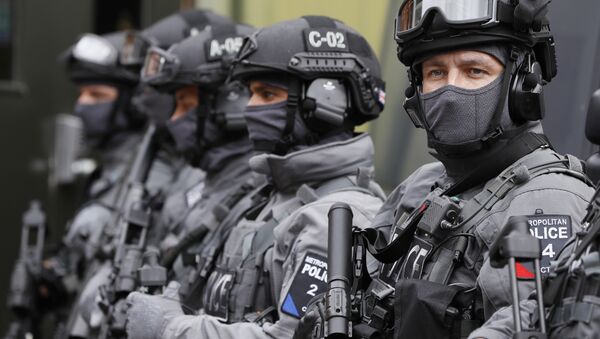In 2017, the United Kingdom suffered five terrorist attacks in Westminster, the Manchester Arena, London Bridge, Finsbury Park and Parsons Green, with 36 people losing their lives and dozens injured.
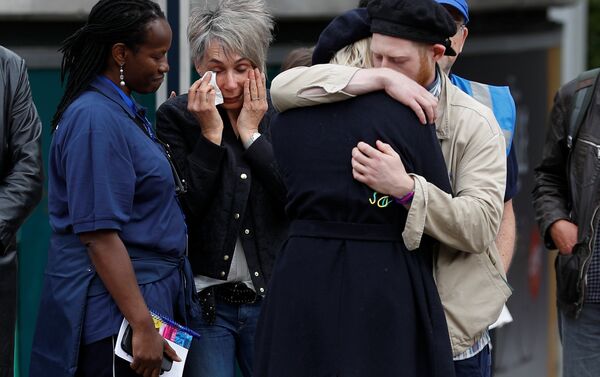
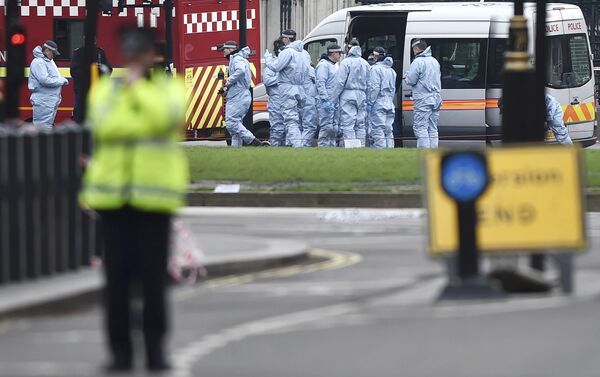
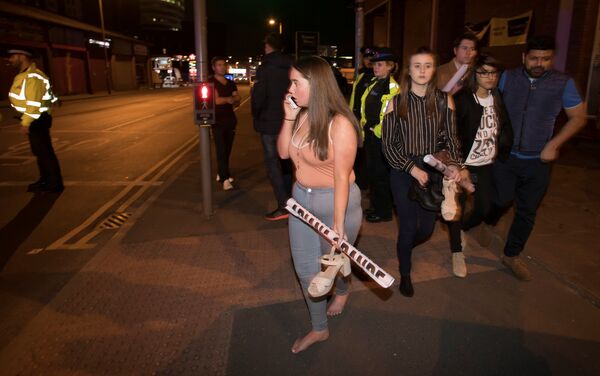
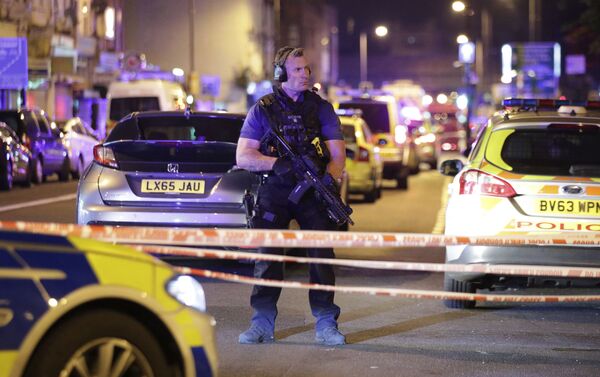
The Committee reported that the system for regulating and reporting purchases of the ingredients used to make explosives was hopelessly out of date in dealing with the threat. The lawmakers concluded that the Government's intention to improve co-operation and information sharing between retailers and law enforcement should have been done sooner and now must be kept under review.
The report also stressed that the British Secret Service, MI5, failed to properly monitor individuals of interest not under active investigation at the moment but in the peripheries of more than one investigation. The perpetrator of the Manchester Arena bombing, Salman Abedi had been flagged for review, but MI5's systems were too slow to review him, which allowed the terrorist to execute the attack on 22 May 2017.

One of the crosscutting issues, in the case of Abedi was highlighted by the Committee:
"We have seen that he visited an extremist contact in prison on more than one occasion, however no follow-up action was taken by either MI5 or CTP. In our opinion, known extremist prisoners should not be able to maintain links with those vulnerable to extremism and we have therefore recommended that the Approved Visitors Scheme is extended to all extremist prisoners."
Moreover, MI5 came under fire for being aware of Abedi but not considering his referral to the government counter-terror strategy — the Prevent programme.
In reference to the Parsons Green attack that took place on September 15, 2017 in London, the report said that "what we have seen to date, there were fundamental failings in the handling of this case by the Home Office." The Home Office failed to provide full evidence in sufficient time for the case to be included in its inquiry.
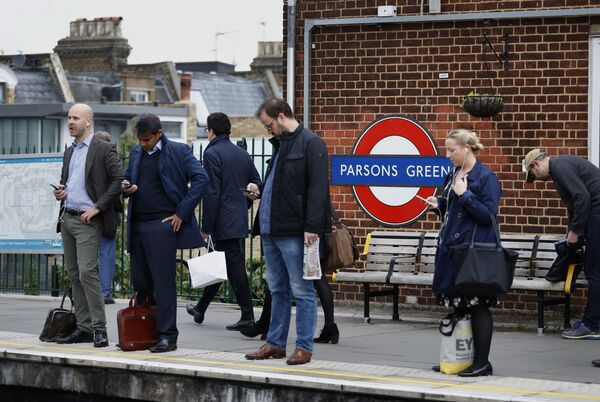
The 18-year-old Ahmed Hassan, an Iraqi asylum seeker, was found guilty of attempted murder in the case of Parsons Green Tube bombing in London in September 2017 — only months after the Westminster Bridge attack.
Hassan has reportedly neither disengaged, nor deradicalized, as the court was told that he "intended this to be a lethal attack."
Parsons Green bomber Ahmed Hassan sentected to a minimum of 34 years in prison. Hassan left a home-made bomb on a London underground train, intending to kill those on board pic.twitter.com/BxUbxdWWpw
— Counter Terrorism Policing UK (@TerrorismPolice) March 23, 2018
The London Bridge terror ringleader Khuram Butt was released by the police 8 months before the attack, despite being actively investigated by MI5 prior to June 2017, following reports of aspirations to conduct an attack — the report has revealed.
"In conclusion, we note that both MI5 and CTP [Counter Terrorism Policing] have been thorough in their desire to learn from past mistakes. We also know and acknowledge the determination with which they approach their work, which we regard as impressive. However, it has been striking how many of the issues which arose in relation to the 2017 terrorist attacks had been previously raised by this Committee in our Reports on the 7/7 attacks and on the killing of Fusilier Lee Rigby. We have previously made recommendations in all of these areas, yet the Government failed to act on them. The lessons from last year's tragic events must now result in real action," the report concluded.
British Home Secretary said he will review and formally respond to the report.
"We have updated our counter-terrorism strategy, introduced new legislation to allow threats to be disrupted earlier and have increased information-sharing with local authorities. We are also ensuring technology companies play their part by stopping terrorists from exploiting their platforms," Javid said.

